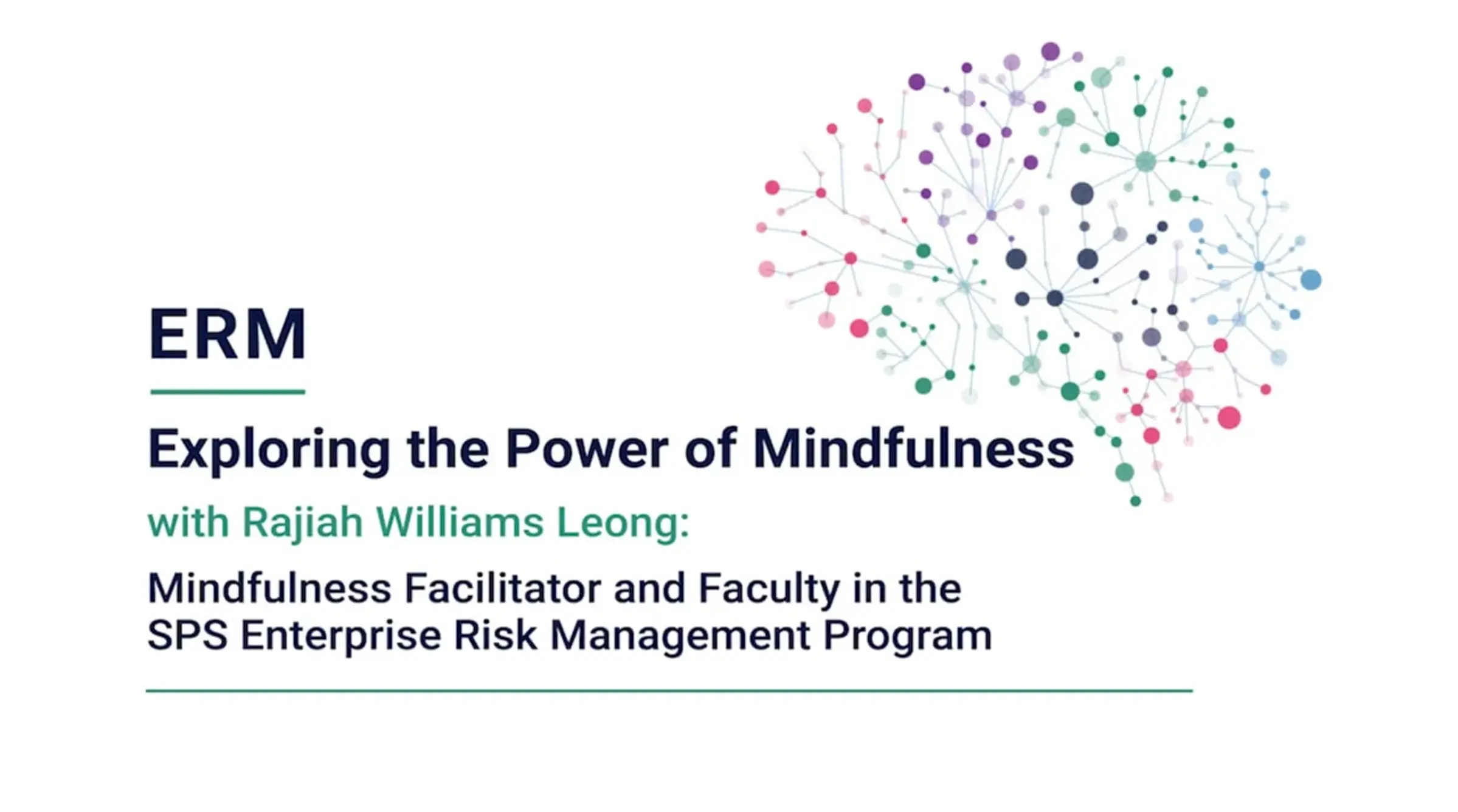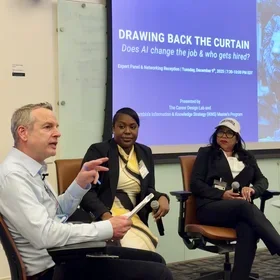With widespread access to COVID-19 vaccines in many parts of the United States, most students and professors will be returning to campus for the new academic year. Experts agree that the pandemic was a deeply traumatic event and that prolonged exposure to the threat can likely lead to anxiety, even among people who are fully vaccinated. As the university community enters a new transitional period this summer, mindfulness facilitator and Enterprise Risk Management faculty member Rajiah Williams Leong shares how practice-guided meditation can help students and faculty to maintain a sense of balance and presence through the countless impacts of the pandemic. For the third semester in a row, she is leading weekly Exploring the Power of Mindfulness workshops, available online for all Columbia University students, alumni, faculty, and staff.
How can mindfulness help people who are finding it difficult to transition back to in-person activities like school, work, and social gatherings?
One of my favorite mantras is this: “impact is not intention.” When we’re experiencing a collective crisis, we feel these “impacts” hitting from many directions. By practicing mindfulness, we develop the emotional intelligence to stay present and connected to those around us (even those making said impacts). It allows a sustained sense of balance to support the clarity necessary for decision-making.
We all need a “healthy curiosity,” and add in some judgment, and curiosity can turn into anxiety. So when we turn on the news or look at social media posts - when we are mindful - we can watch and observe how our curiosity may be shifting to other feelings. Practicing mindfulness gives you this ability to be present and allows the space to focus on choice, rather than control. Accepting change—and challenges—enables us to see potential opportunities by quieting the mind and fostering this sense of clarity.
For anyone engaged in Enterprise Risk Management—both practitioners and students—this ability to pause and respond with mindfulness, rather than being reactionary, is an essential tool to navigate uncertainty. In fact, research shows that mindfulness at work can improve your focus, attention, and ability to work under stress—all important assets today.
What is the connection between mindfulness and productivity?
Daily mindfulness meditation may be questioned by some in business who think of it as touchy-feely (whatever that means!). But since it’s really a practice in strengthening our emotional intelligence skills, it is crucial for managers who need to connect with and lead teams. You’re training the brain to better maintain and recover focus. Many like to think of themselves as multitaskers. Emails and text messages interrupt us constantly. Then there are work apps like Slack that demand immediate attention. If you are tasked with responding to a crisis, such as the 2008 financial meltdown, a cyberattack, or a shut-down from a pandemic, focus is everything.
What distinguishes business leaders who rise to the top of their fields? I believe it’s the ability to focus, implement, and move on to the next challenge. Mindfulness practice trains the brain to sustain focus enabling increased productivity.
What are some common myths about meditation that you’d like to dispel?
A common misconception about meditation is that it requires a set of rigid rules that, if not followed “correctly,” means you aren’t doing it “right” and are therefore incapable of ever doing it.
But, in its essence, being mindful is realizing kindness and acceptance provide the foundation for being able to notice your thoughts and feelings without judgement. Practicing mindfulness allows you the space to decide which thoughts need attention, and when to slow down to see if what you’re looking for is closer than it seems.
Mindfulness is a practice, and like any practice, it takes time and repetition to see the rewards.
As we continue to navigate uncertain times, learning mindfulness techniques is more important than ever. Columbia students are invited to join me for mindfulness workshops, where we will practice guided meditations and learn the science of mindfulness in a community of compassion and support.



